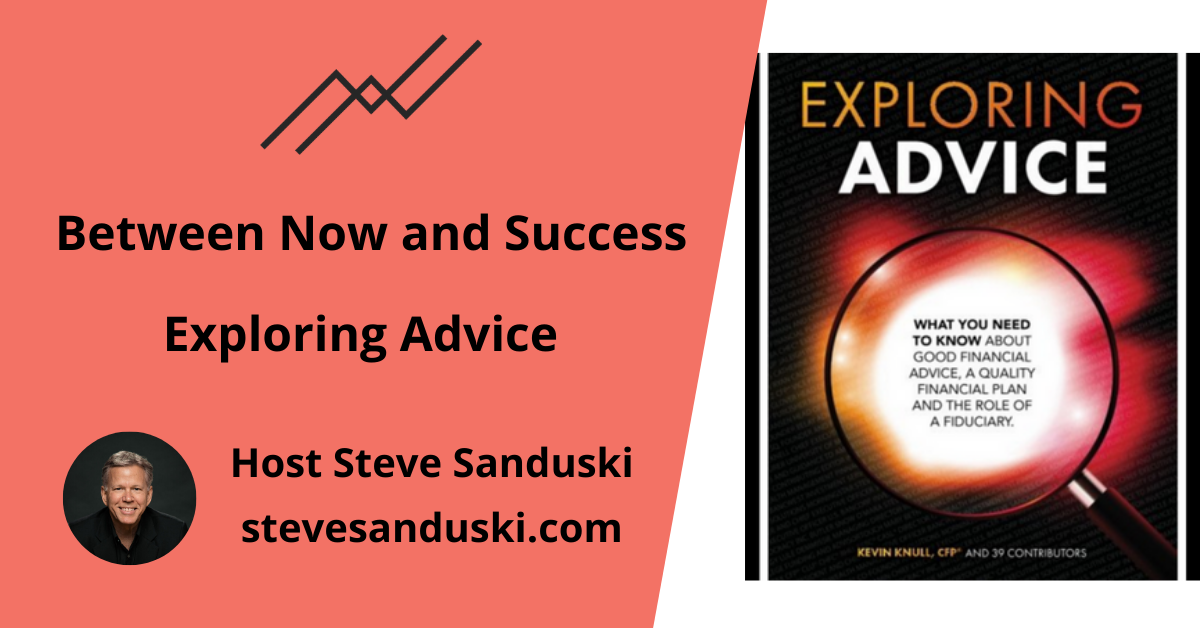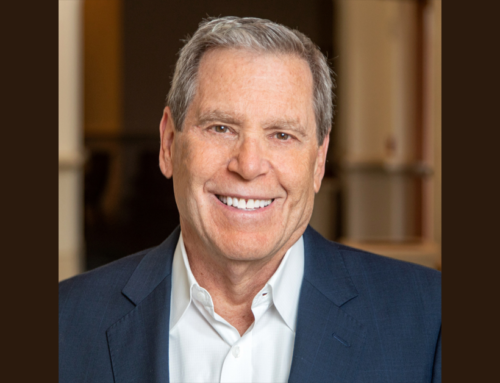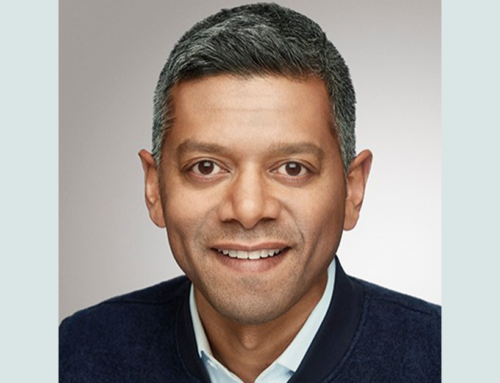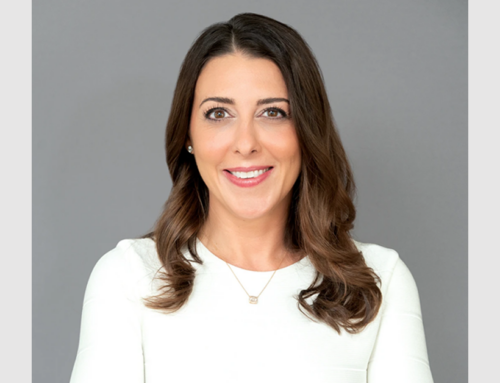How would you answer these three questions about exploring advice?
- What is the definition of good advice?
- What is the definition of a quality financial plan?
- What does it mean to be a fiduciary?

Kevin Knull: To this day, there is no benchmark or road map or list of requirements to deliver a quality financial plan.
Kevin Knull, the president of PIEtechSM, Inc., (parent company of MoneyGuidePro financial planning software) asked those three questions to an audience of financial and wealth management leaders and basically got blank stares in response.
Dismayed, he decided to reach out to other thought leaders and experts around the country to get their answers.
He collected their thoughts and published them in a remarkable new book called, Exploring Advice: What You Need to Know About Good Financial Advice, a Quality Financial Plan and the Role of a Fiduciary.
I was one of the 39 leaders who contributed a chapter to the book.
In today’s podcast, I’m joined by Kevin Knull and two other contributors to the book, Tricia Rothschild, Head of Global Advisor and Wealth Management Solutions for Morningstar, and Frank McAleer, Director, Retirement Solutions for Raymond James.
We discuss these three questions posed by Kevin and the answers point the way toward how you can add value in an increasingly commoditized industry.
To continue reading the rest of this post, please register below with your email address.
Excerpt from the book, Exploring Advice
Here’s an excerpt from my chapter in the book.
Quality through collaboration
In the days before the Internet, financial planning was mostly top-down. I’m the advisor, I’m the expert. I’ve got access to information that you, the client, don’t. Back in the ’80s, for example, if you wanted to get a stock quote you had to call your broker.
Today all of the information that was available only to financial professionals is now widely available on the Internet. Now, because there’s so much more information out there that consumers have access to, financial planning has become a collaborative process.
The financial advisor and the client identify where he is today and where he wants to be in the future – together. Then they collaborate on the plan’s creation and implementation and make any necessary adjustments to get to the desired outcome in the smoothest way possible.
Quality financial planning must also be comprehensive. It considers more than the financial aspects of a person’s situation. It ought to lean toward what I call life planning. It’s hard to do quality financial planning without recognizing the impact the financial plan will have on the client’s life. What will he or she do with that money and how will it enable the client to live a fully realized life.
It’s about optimizing life outcomes, not just financial outcomes.
It’s about helping clients understand the trade-offs in life and making smart decisions that will generate the most happiness and well-being.
Built-in flexibility
Planning done well means developing a financial plan that is flexible. Things happen in life, so a quality plan must have built-in flexibility. I should add that planning is never a one and done type of thing. Planning is an on-going process and the plan should change as needed to accommodate any changes that might take place in the client’s life.
Human insight
While computers are great at following commands and sifting through data, the financial advisor adds value by interpreting what the data actually means and how it applies to the client. Yes, technology automates some of the more mundane aspects of running a financial planning office. As a result of that, advisors are able to spend more time on the higher level advice that can only be delivered by humans.
Let’s always remember though, that clients are not data. Data and the technology behind producing it should be used to enhance the client experience and deepen the client relationship. Accurate data can be used as facts. But facts don’t move people. Add your insight and imbue the facts with emotion; that’s when you can move people to take action.
Resources
Get the book: Exploring Advice: What You Need to Know About Good Financial Advice, a Quality Financial Plan and the Role of a Fiduciary
Listen to an earlier podcast interview with Kevin Knull





